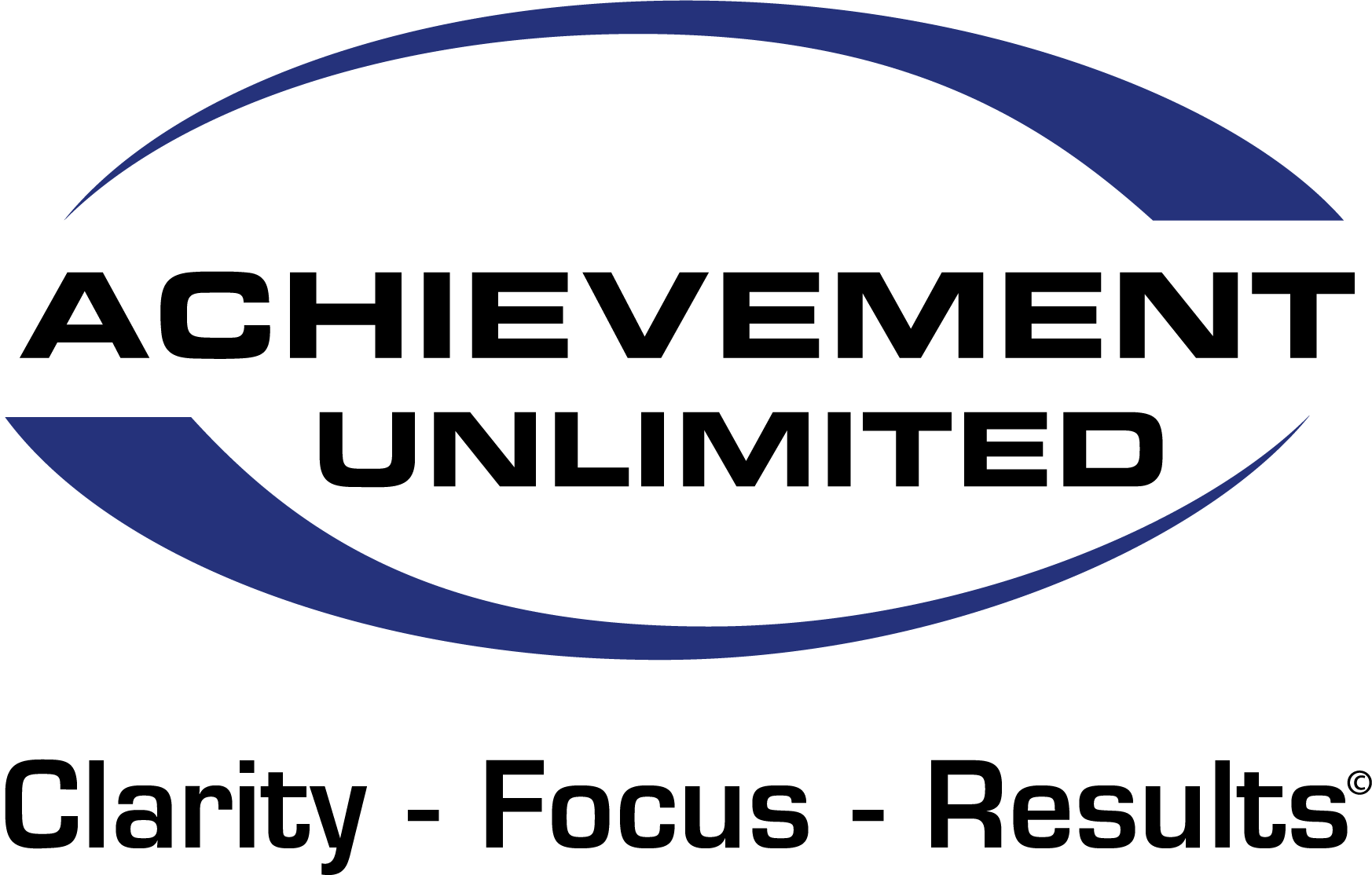5 Life Changing Books to Start Your Year Off Right

5 Books to Launch Your Success This New Year
If you are like 38 percent of Americans, you set some goals this past weekend. Only 39 percent of those will make it through the first month. If you want to be in the winner’s circle next December, now is the time to lay the groundwork for success! Here are my top 5 books to get (and keep) you on track this year.
Mindset, Carol S. Dweck, PhD.
In this groundbreaking book, Stanford researcher Carol S. Dweck makes a case that all people fall into two categories- Fixed Mindset or Growth Mindset. People with a Fixed Mindset are limited by what they believe they have talent for while those with a Growth Mindset think about themselves as capable of change and growth. Important for individuals looking to break out of a rut and parents, educators, and business leaders. A must read for anyone looking to make changes in the new year.
Change Your Questions, Change Your Life, Marilee Adams
Written as an engaging fable, Marilee Adams shows how the questions you ask about your life and circumstances affect your outcomes and experiences. Rather than seeking to shift blame, she coaches us to ask the right questions leading to greater understanding of ourselves and others.
The Gap and The Gain: The high achievers guide to happiness, confidence, and success, Dan Sullivan with Dr. Benjamin Hardy
This book takes the wealth of information previously known only to the followers of Dan Sullivan’s Strategic Coach clients regarding mindset and breaks it down for the rest of us. The premise of the work is that we can either compare ourselves to an ever-changing goal or to our former selves. Those who keep their sights set on an elusive goal will never be satisfied and often feel unhappy and ungrateful. Conversely, when people compare themselves to their former selves, they will see progress and experience happiness and gratitude. This is an important read as you embark on the journey of new year goals.
Triggers: Creating behavior that lasts and becoming the person you want to be, Marshall Goldsmith
This book explores the way decisions are made in the moment and how they are influenced by our past experiences and habits. By taking stock of what your triggers are and how they affect your reactions, you can choose to change, becoming the person that you really want to be. Useful for both business leaders and daily life.
Man’s Search for Meaning, Viktor Frankle
Having spent time in Nazi concentration camps, Viktor Frankle established the well-known thought school Logotherapy. In his groundbreaking book, Frankle explains that man’s main motivator is the search for meaning. When people lose sight of their purpose for living, they descend into hopelessness. He explains that there are two types of people, decent human beings, and indecent human beings. Regardless of your life circumstances, it is your daily choices which determine your mindset and character.
This year, you have the power and the tools to make real growth and change a reality.






Recent Comments